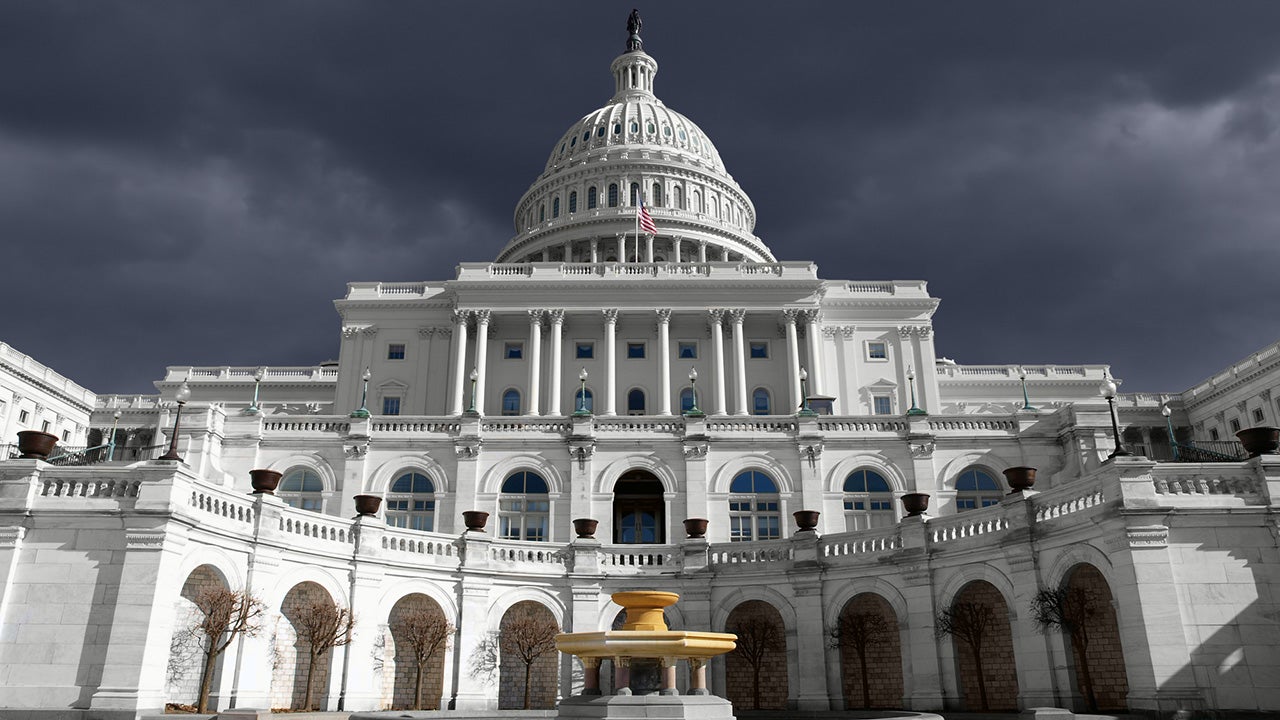Places of worship have long been a space for people from all walks of life to join together under one roof. Praying together, they take time to put aside their differences and build a trusted community. As more Americans, especially from younger generations, begin to identify as ‘nones’ or unaffiliated with any faith tradition, the country has seen a shift. People feel alienated from their neighbors. Schools and workplaces start to feel hostile. Across the country, this represents a fracturing of trust. What can faith traditions teach us about healing these divisions?
To answer this, the Aspen Global Leadership Network gathered three spiritual leaders for a virtual conversation earlier this month: Reverend Jen Bailey, founder and executive director of the Faith Matters Network; Adam Taylor, president of Sojourners; and Simran Jeet Singh, executive director of the Aspen Institute’s Religion and Society Program. Their discussion explored key questions around what it means to “be” with one another as a country. They offered frameworks and practices from their faith traditions that can help heal the divides that fracture trust in the United States. Below, find five ideas on the sources of our greatest tensions, how to find common truth, and ways to embrace interconnectedness.
1. Embrace our interconnectedness
Simran brought up that the basic premise of Sikh Philosophy is that we are all interconnected. If we can see how entwined our lives are, it will be easier to love everyone around us.
2. Care for people through grief
As a minister, Jen has spent time with people in their last moments. She believes faith traditions are useful in this “season of our nation’s life” because it teaches us how to sit with grief and loss.
3. Decide what we are bridging
Bridge-building requires us to first have a collective vision of what we are trying to accomplish.
4. Establish the truth
Adam Taylor reflects on pervasive “myths” around the United States being an “exceptional” or a “chosen” nation and suggests we must dispel these in pursuit of truth.
5. Provide a new vision
Adam believes faith traditions allow us to reimagine society as one where “neither punishment nor privilege is viciously attached to race, to ethnicity, to religion, to sexual orientation, to able-ness.”
In the full dialogue, Adam, Jen, and Simran offer actionable steps that they’ve taken in their lives and within their respective organizations to heal themselves and their communities. Learn more and watch the whole conversation.


